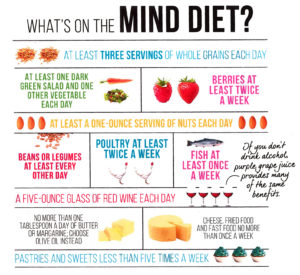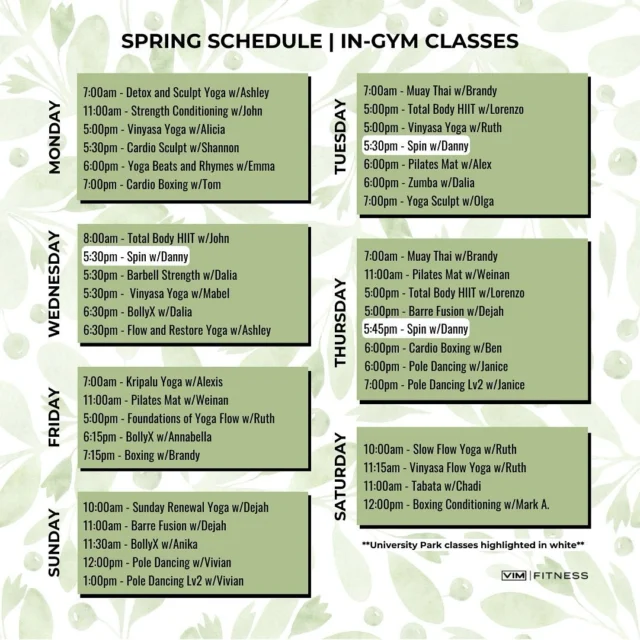Summer is full of opportunities for natural movement and fresh local foods.
However, there are also plenty of social gatherings at restaurants of all types that don’t follow the healthy ways of summer.
Everyone enjoys eating out, and you shouldn’t have to give that up! Instead of choosing between staying home or ruining your diet, use these five simple tips below to achieve nutrition success every time you eat out!
- Be picky: Most restaurants are more than willing to make adjustments to their recipes; provided, they have the ingredients to do so. Asking for grilled chicken instead of fried chicken, broiled fish instead of beer-battered, or condiments lite or on the side are all great ways to reduce the high fat content found in many menu options.
- Ask Questions: French fries and tater tots are not the only side option available! Although often not listed, many places will offer fresh fruit or a small salad as an alternative side at no additional cost. In addition, asking questions about how the meal is cooked or if any meal is prepared solely “in-house” can give further insight into the nutritional content of the meal. Foods that are prepared “in-house” use limited processed ingredients which can reduce the sodium and added sugar content of your meal.
- Understand Menu Terms: Menus can be confusing by using food preparation terms you may have never heard of before. In fact, certain terms may indicate being cooked in high-fat butter or deep fried in oil. Below is a list of common menu terms and their health implication:
- Au gratin, scalloped, buttered, creamed and stuffed can all indicate foods prepared in cream and butter. These foods are often higher in fat and calories and frequent consumption can lead to an increased risk for cardiovascular diseases.
- Steamed, roasted, broiled, grilled and poached all utilize a dry heat cooking method and typically are lower in fat. These are the menu terms to look for when trying to select an entrée preparation method.
- Au jus, pickled, smoked, cured can all imply high sodium. Too much sodium in your diet can lead to high blood pressure and increase your risk for a heart attack or stroke.
- Drink Water: Studies have shown that drinking water throughout your meal helps fill you up and curb your appetite. People who drink water with their meals are less likely to overindulge in the main course. Next time you are at a restaurant, swap a high-sugar soft beverage for a glass of ice water. Ask your waiter for a slice of fresh lemon or lime to jazz up your water even more!
- Look at the Menu Ahead: Some menus can be overwhelmingly large. When going to a new restaurant, look at the menu online ahead of time and decide what you are going to order. By planning ahead you will be more likely to choose a healthier meal, and less likely to impulse order that bacon cheeseburger because you ran out of time looking at the menu.
Eating out should be a fun experience but it doesn’t have to compromise your health!
The next time you are ordering out from a restaurant keep the tips above in the back of your mind. It is important to remember that an occasional cheeseburger or side of cheesy scalloped potatoes will not totally compromise your diet. The problem comes about when these foods become a part of your regular diet, and overtime can lead to serious health consequences.
Blog post written by Trainer, Sarah Oliver
VIM is now offering nutrition services with Trainer & Nutrition Coach, Christine Galvin!
Click below to find out how you can benefit from 1 on 1 Nutrition Coaching!
[button link=”https://vimfitness.com/nutrition/” text=”LEARN MORE” color=”green” size=”large” fullwidth=”true”]



 The healthy-food groups include:
The healthy-food groups include:


 SPRING SCHEDULE
SPRING SCHEDULE



 NEW CLASS
NEW CLASS
 Happy St. Patty’s Day
Happy St. Patty’s Day







 WINTER
WINTER
 Workouts and group fitness classes are bette
Workouts and group fitness classes are bette





